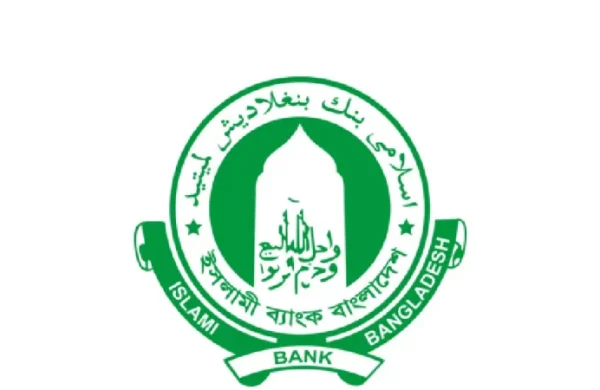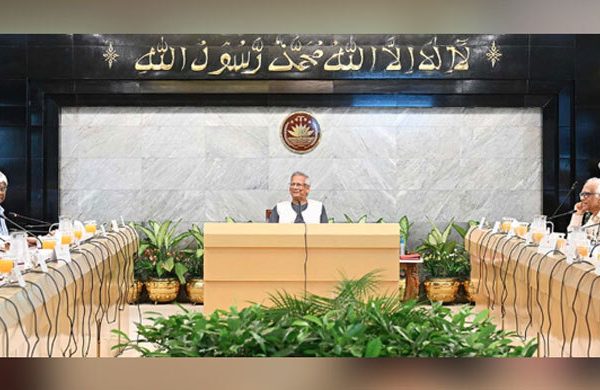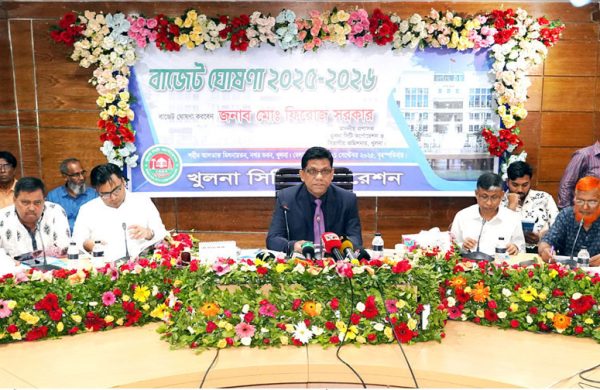Islami Bank’s provision shortfall nears record Tk 70,000cr
- Update Time : Thursday, September 11, 2025

TDS Desk:
Islami Bank Bangladesh PLC ended last year with a provision shortfall of nearly Tk 70,000 crore, audit reports show, exposing cracks in the financial health of the country’s largest Shariah-based commercial lender for the first time in its four-decade history.
Weak asset quality in loans and investments, along with the bank’s failure to set aside adequate funds to cover potential losses from defaults or bad debts, overshadowed its reported Tk 100 crore profit for 2024.
After the fall of the previous government, several banks, especially those linked to the controversial conglomerate S Alam Group, faced severe liquidity stress as their actual financial condition came to light.
Islami Bank also came under pressure from rising default loans, exposing it to heavy losses. However, it avoided slipping into the red last year largely because provisions were not fully maintained, and depositors chose not to withdraw their funds.
Concerns about the bank’s financial health are not new. Rather, Islami Bank has been in the headlines for years over lending anomalies and irregularities. But this is the first time an audit has shown, with hard numbers, how deep the problems run.
The bank says the audit findings reflect “long-buried bad loans” uncovered after the political changeover in August last year. It claims to be in recovery mode, with the Bangladesh Bank (BB) indicating the lender is turning around.
Islami Bank said it welcomed 30 lakh new depositors in the past one year till August 2025, and saw deposits grow by Tk 18,200 crore in the first eight months of this year even amid a turbulent banking time.
The central bank has also kept the bank outside its merger plan, saying depositors are still showing their faith in the bank.
MASSIVE SHORTFALL OVERSHADOWS PROFIT
Last year, Islami Bank was required to keep provisions of Tk 76,715 crore for classified loans and deposits parked with troubled non-bank financial institutions, according to auditors Mahfel Huq & Co Chartered Accountants and A. Wahab & Co Chartered Accountants.
Against this, the bank maintained only Tk 6,945 crore, leaving a gap of Tk 69,770 crore, according to the auditors.
At the end of 2024, provision shortfalls across the entire banking sector surged more than sixfold year-on-year to Tk 170,655 crore.
Auditors said that by failing to make full provisions, Islami Bank overstated assets, net profit and equity while understating liabilities.
Despite the massive shortfall, Islami Bank still posted a profit of Tk 108 crore in 2024, down from Tk 635 crore the year before.
On defaulted loans, the bank said in a written response to Journaliststhat defaults had risen sharply.
“Many of these loans had actually gone bad earlier, but they were officially classified as defaulted only in 2024 by the auditors and Bangladesh Bank inspection team,” the bank said.
It acknowledged that because the full provision had not been set aside, the profit figure “looks higher than it would have been otherwise”.
The BB allowed some flexibility under forbearance facilities, giving the bank time to gradually adjust its provision shortfall.
“As per directives of the central bank, we are preparing a time-bound action plan to gradually overcome the provision shortfall,” the bank said.
It said the plan will include “specific steps, targets, and timelines to ensure that the shortfall is covered in an orderly manner”.
‘DEPENDENT ON REGULATORY SUPPORT’
Auditors said Islami Bank’s stability now depends on regulatory backing. They also noted that its cash reserve ratio (CRR) and statutory liquidity ratio (SLR) were below regulatory thresholds throughout the year, indicating persistent liquidity stress.
CRR is the percentage of a bank’s deposits held as cash with the central bank, while SLR is the share maintained as liquid assets such as cash, gold or approved government securities.
Under Basel III rules, a set of global banking regulations, a capital adequacy ratio of 12.5 percent is required. Islami Bank reported only 7.6 percent.
Besides, the spike in bad loans has been dramatic.
Classified loans ballooned 849 percent to Tk 65,715 crore, while provisions against these toxic assets rose 68 percent to Tk 1,045 crore from Tk 621 crore the year before.
The bank told Journalists that the auditors’ comment about its going-concern status was based on previous-year reports.
It said it has met most regulatory requirements, including the CRR, SLR, liquidity coverage ratio (LCR) and maximum cumulative outflow (MCO).
It has also repaid BB’s Tk 2,308 crore overdraft facility ahead of schedule, cleared Tk 2,395 crore in money market dues under BB guarantees, and repaid Tk 1,700 crore borrowed from other banks without central bank support.
Islami Bank said it had recovered about Tk 20,000 crore of bad loans.
“Therefore, we do not currently face any threat to the bank’s going concern,” the statement added.
TRUST IS THE KEY
Despite its vulnerabilities, Islami Bank grew deposits by Tk 6,162 crore, or 4 percent, year-on-year in 2024, at a time when many banks saw erosion.
In the first eight months this year, deposits rose by Tk 18,200 crore.
The bank says it serves “mass people” with a base of 2.5 crore clients, with 90 percent of deposits coming from retail customers and less than 2 percent from corporates, showing the breadth of its deposit base.
“This growth reaffirms the continued loyalty of our customers and our stable financial standing in the market,” it said.
Foreign exchange gains provided another cushion, with net exchange earnings surging to Tk 1,298 crore from Tk 265 crore a year earlier.
The bank said the gain mainly came from the increase in the value of the bank’s foreign currency assets. “Since we held more foreign currency assets in 2024 than in 2023, the revaluation created higher profits.”
It added that the profit also reflected favourable currency fluctuations and gains on its foreign currency-denominated asset gap.
Following the July uprising, restoring customer confidence became its top priority, said the bank.
It said a three-phase restructuring plan was launched. The first phase focused on resolving the liquidity crisis, while foreign audit firms were brought in to review past activities, and their recommendations were implemented.
















